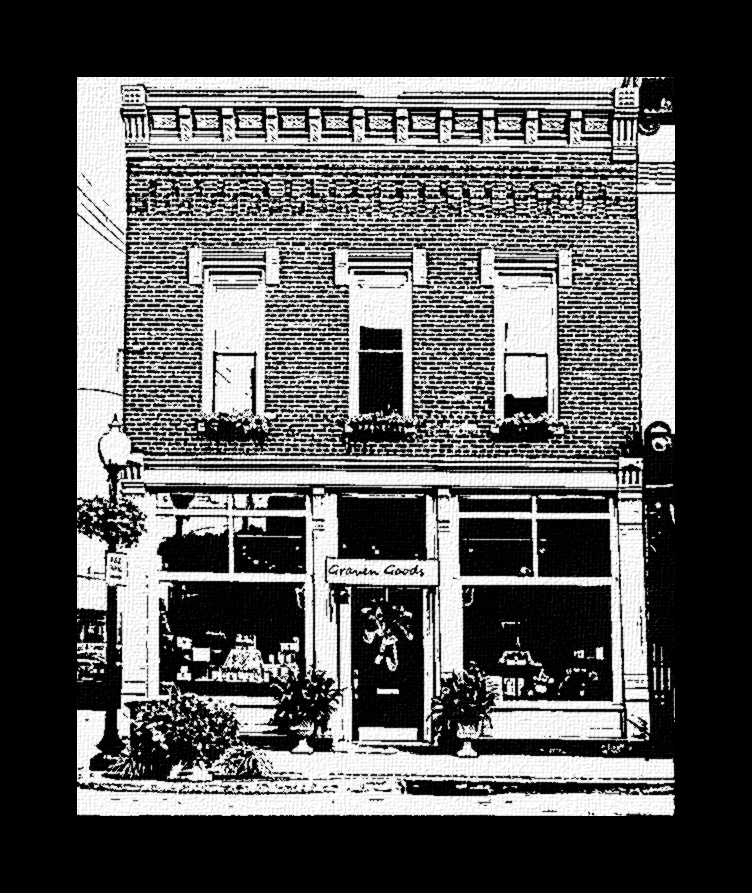Graven Goods: Difference between revisions
| Line 12: | Line 12: | ||
The fact that he sold the personal effects of the recently deceased bothered no one and in addition to his legitimate business dealings he also did a flourishing trade in stolen goods - so long as they were taken off of corpses. | The fact that he sold the personal effects of the recently deceased bothered no one and in addition to his legitimate business dealings he also did a flourishing trade in stolen goods - so long as they were taken off of corpses. | ||
The shop returned a tidy profit for the better part of three decades. Seven years after opening the shop got a second wind with the outbreak of WW1. Although America wouldn't become actively involved in the Great War until | The shop returned a tidy profit for the better part of three decades. Seven years after opening the shop got a second wind with the outbreak of WW1. Although America wouldn't become actively involved in the Great War until the final year of the struggle, the bodies of American volunteers and those of victims who died in battles fought in the Pacific fed the shop and it's owner a steady supply of grave goods. | ||
Because of his philanthropy Maximilian Graves became a local figure of significance and his investment in local businesses allowed many household names to rise from obs urity. | |||
==== '''1934''' -- ''Under New Management'' ==== | ==== '''1934''' -- ''Under New Management'' ==== | ||
Revision as of 23:58, 4 September 2022
History
Graven Goods first opens its doors in the Spring of 1907. Following the 1906 quake many people died and their estates were often closed without heirs and with public auctions.
One man - Maxamillian Graves saw an opportunity in this and established his shop in the Castro in a time when it was a multi-ethnic working man's neighborhood.
The fact that he sold the personal effects of the recently deceased bothered no one and in addition to his legitimate business dealings he also did a flourishing trade in stolen goods - so long as they were taken off of corpses.
The shop returned a tidy profit for the better part of three decades. Seven years after opening the shop got a second wind with the outbreak of WW1. Although America wouldn't become actively involved in the Great War until the final year of the struggle, the bodies of American volunteers and those of victims who died in battles fought in the Pacific fed the shop and it's owner a steady supply of grave goods.
Because of his philanthropy Maximilian Graves became a local figure of significance and his investment in local businesses allowed many household names to rise from obs urity.
1934 -- Under New Management
Owner: Pankraz Voss

